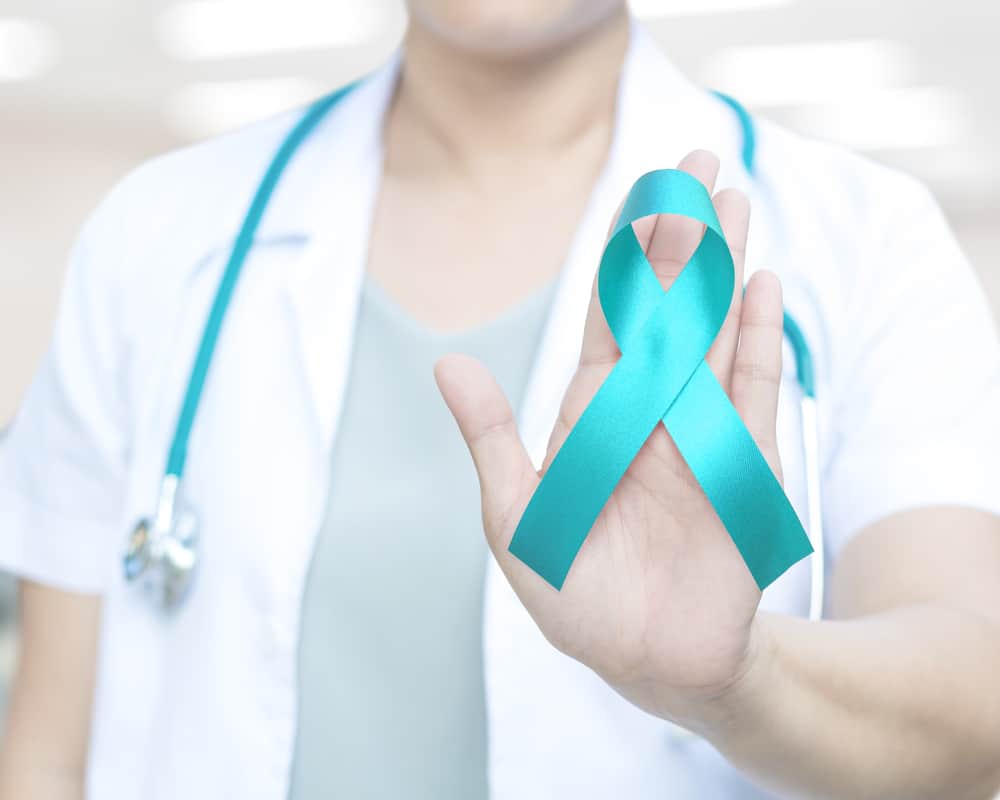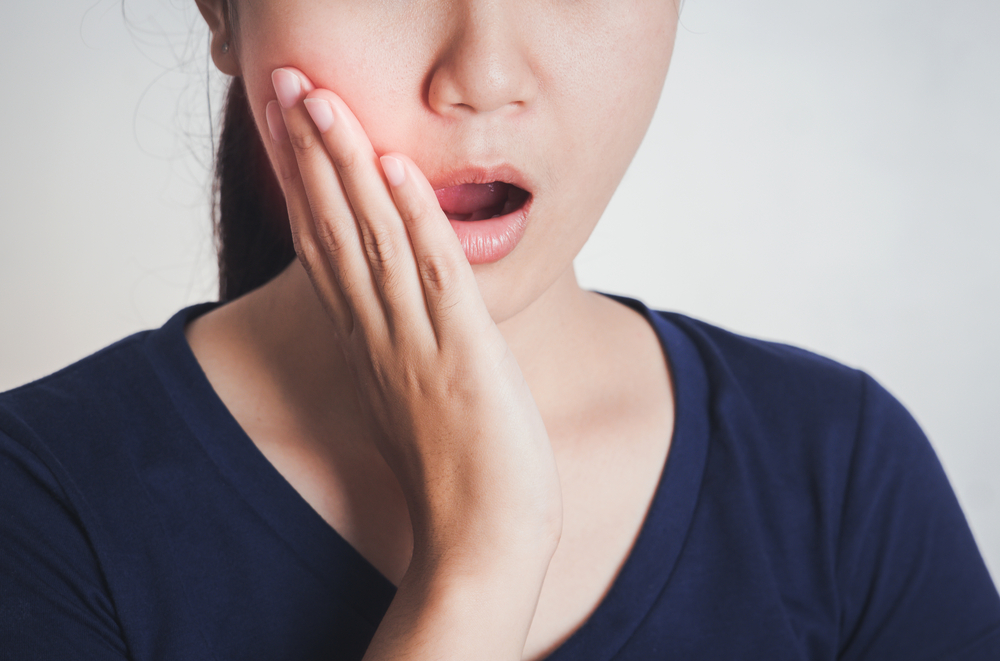Contents:
- Medical Video: Cancer survivor Kara Million on the importance of HPV vaccinations
- Myths about HPV and cervical cancer
- 1. "The HPV virus only attacks women"
- 2. "HPV vaccine is only for people who are sexually active"
- 3. "HPV vaccine is not safe"
- 4. "HPV vaccine causes fertility problems"
- 5. "Unclean HPV vaccine"
- 6. "Expensive HPV vaccine"
Medical Video: Cancer survivor Kara Million on the importance of HPV vaccinations
Have you ever heard of HPV? HPV (Human Papilloma Virus) is a virus that can cause cervical cancer. This viral infection can be prevented by HPV vaccination. However, so far there may be many myths surrounding the HPV virus and cervical cancer, which makes people reluctant to think twice about vaccinating HPV. However, do not let this wrong assumption make you not take protection to prevent cervical cancer.
Myths about HPV and cervical cancer
The following are myths surrounding the HPV virus and cervical cancer that are widely spread. Find out the facts!
1. "The HPV virus only attacks women"
The HPV virus does not look gender - even 8 out of 10 men and women can be infected with HPV which is transmitted by touching the skin to the skin. Men can suffer from HPV such as oral cancer, anal cancer, penile cancer and genital wart disease (genital warts).
That is, not only women who need the HPV vaccine to prevent cervical cancer, men also need HPV vaccination to provide protection against infection with the HPV virus. Both men and women can get genital warts due to HPV virus infection.
You need to know, there are many types of HPV viruses that can cause different diseases. There are around 130 types of HPV, some are malignant or can cause cancer, such as pubic lip cancer and cervical cancer. There are also those that are not malignant, generally causing genital warts.
Cervical cancer is mostly caused by HPV types 16 and 18.
2. "HPV vaccine is only for people who are sexually active"
Many women may still consider that HPV vaccine needed when married or when sexually active. However, the HPV vaccine is actually best given as early as possible before you are sexually active.
HPV can be about adolescence years because in adolescence in line with the period of their growth, the structure of the cervical organs is more susceptible to HPV infection.
You can even get infected with the HPV virus when you first have sex, even if you have used a condom. HPV can move through skin to skin contact (skin to skin). That is, even though most HPV is transmitted through sexual intercourse, it can also be non-sexual, that is, through touching the skin. The use of condoms can minimize transmission of the virus but cannot prevent it completely because other body parts can be exposed to HPV. The use of condoms can indeed protect you but not totally because condoms do not cover all genital skin.
So, you better get an HPV vaccine before being sexually active early. So, in the body antibodies have been formed to prevent the HPV virus in the future. Research also shows that younger people can create more antibodies than those who are older. Thus, the HPV vaccine works best if given at a younger age. You don't need to wait for marriage to be ready to get the HPV vaccine.
3. "HPV vaccine is not safe"
In fact, the HPV vaccine proved safe. Maybe dizziness and nausea can occur after the HPV vaccine is injected, but only to that extent and does not cause bad side effects. This has been proven by the Centers for Disease Control and Prevention (CDC), which states that there is no safety problem for the HPV vaccine.
The HPV vaccine is an inactive vaccine (containing a protein similar to the HPV virus shell structure that does not contain viral DNA). So, this vaccine is very safe and is unlikely to infect humans. After being injected, the HPV vaccine will stimulate the formation of an immune response in the body, thus creating protection against cervical cancer.
4. "HPV vaccine causes fertility problems"
There are also those who associate the HPV vaccine with fertility. But, no studies have shown that HPV vaccine can interfere with fertility. The HPV vaccine is not proven to cause a female egg to stop working normally before the age of 40 years.
So, you don't need to worry about your fertility when getting an HPV vaccine. Instead, the HPV vaccine can protect women from cervical cancer so that fertility problems because cervical cancer can be prevented.
5. "Unclean HPV vaccine"
Regarding halal and haram about vaccines, this might still be a debate in the community. However, the Indonesian Ulema Council (MUI) has issued MUI fatwa number 4 in 2016 about immunization. In the fatwa, it was explained that immunization is basically permissible (mubah), as a form of effort to strengthen the body's immunity and prevent disease, noting that the vaccine used for immunization is halal and sacred.
If in the manufacturing process intersect with pig enzymes, the vaccine may still be used with the note that there is no vaccine that is halal and sacred, there is information from competent medical personnel and it is believed that there is no vaccine for the disease which is halal, and used in emergency situations.
Generally, HPV vaccines on the market have been declared halal and received halal certification from IFANCA United States (Muslim institutions in the US that issue halal certificates).
6. "Expensive HPV vaccine"
Many people are reluctant to get the HPV vaccine for fear of the price. However, try to imagine how much money you can spend if you have cervical cancer. Of course, the price you pay is more expensive than the price of the HPV vaccine. True, prevention is better than cure.
For that, you should set aside a little money to get the HPV vaccine. Generally, the price of the HPV vaccine ranges from 700,000 to 1,000,000 per injection, depending on the brand, hospital, and others. The program for giving free HPV vaccines is given to school children. However, this program is only a trial phase in big cities, such as DKI Jakarta and Yogyakarta, and has not yet become a national program.












